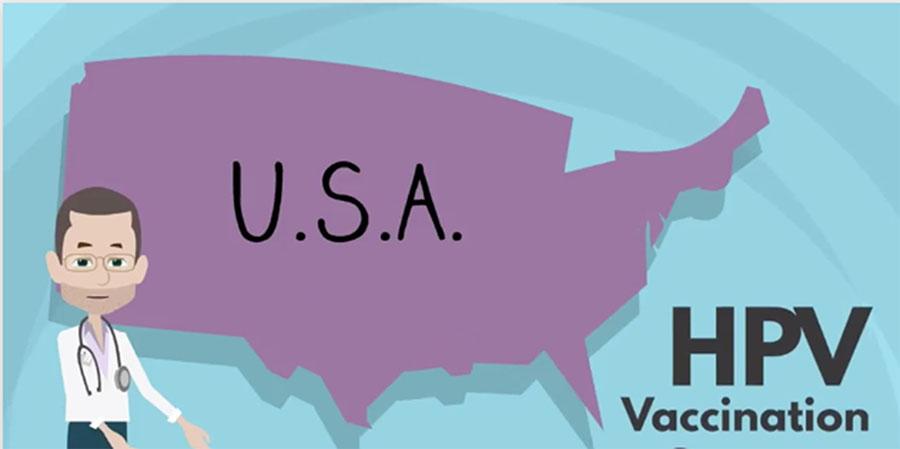
Implementing Evidence-Based Strategies to Improve HPV Vaccine Delivery
Widespread coverage of HPV vaccine has the potential to prevent multiple types of cancer but many young people are still not receiving the vaccine at the recommended age of 11-12. Dr. Jason Terk, a pediatrician at Cook Children’s Health Care System in Fort Worth, Texas, was struck by the fact that adolescent HPV vaccination rates continue to be alarmingly low across the US, including Texas, where, as of 2017, less than 40% of adolescents had been vaccinated.
Wanting to protect young people for HPV-related cancers, Terk teamed-up with Melissa Gilkey and Marjorie Margolis (University of North Carolina at Chapel Hill) and Annie-Laurie McRee and Michael Parks (University of Minnesota) to evaluate an evidence-based QI project designed to increase HPV vaccination rates in the Cook Children’s system.
The team recruited pediatricians from 25 clinics within the not-for-profit Cook Children’s Health Care System and randomized them to a quality improvement (QI) arm or a wait-list control arm of the study. Terk, adapted an evidence-based HPV vaccination communication training and existing video vignettes to his local context, tailoring specifically for pediatricians at Cook Children’s, and recruited “high-performing” pediatricians (who were already routinely vaccinating 11-12 year old patients against HPV) to deliver the 1-hour, on-site training. Following the training, participants were also provided with data about the percentage of their patients who had begun the HPV vaccine series. This type of “assessment and feedback” is designed to increase providers’ awareness of their performance and to encourage the use of quality HPV vaccine recommendation strategies with their patients and their parents.
Results from the study showed that the six-month QI program had excellent reach, and resulted in an increase in HPV vaccination coverage among patients of providers in the QI arm. The study team noted that, although the increases seen in this study are small, they are meaningful at a population level.
“One of the things that was most exciting about working on this project was the research translation.” McRee, an associate professor with the Healthy Youth Development-Prevention Research Center whose research focuses on HPV vaccination noted. “This project was led by a dedicated healthcare provider who took an approach previously used in formal research and brought it to life in a real-world setting that, unlike a controlled research setting, doesn’t have staff dedicated to recruitment, or provide incentives for participation.”
Research suggests that provider-parent communication about HPV vaccination is a key predictor of vaccine uptake “However,” McRee says, “many providers deliver recommendations infrequently, late, or not at all, so this is an important area for improvement.” This study adds to the growing body of research by showing that training healthcare providers to deliver strong, clear recommendations is a powerful tool for increasing HPV vaccination, and one that that can be feasible to deliver on a wider scale.
To view the video abstract, click here.